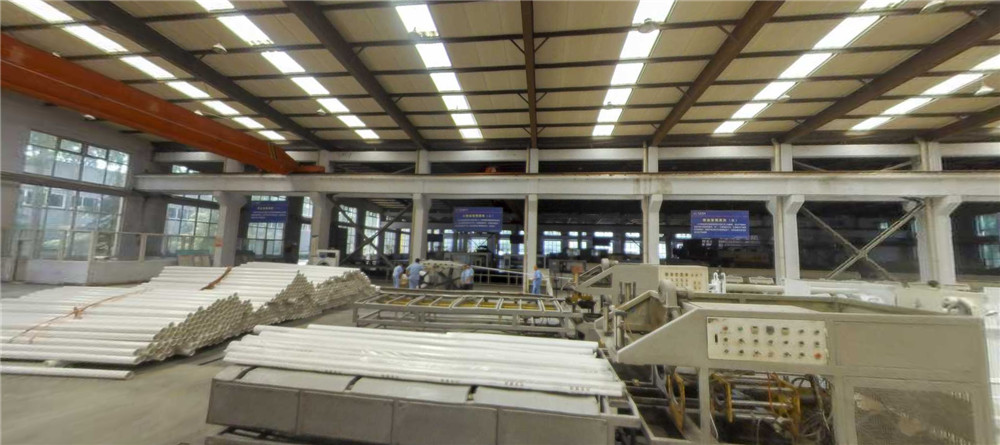נוב . 05, 2024 14:24 Back to list
hdpe plate
Understanding HDPE Plates Properties and Applications
High-Density Polyethylene (HDPE) plates are a versatile and robust material widely used across various industries. Known for their strength, durability, and chemical resistance, HDPE plates present unique properties that make them suitable for a myriad of applications.
Understanding HDPE Plates Properties and Applications
Moreover, HDPE is resistant to many chemicals, including acids, bases, and solvents. This property makes HDPE plates an excellent option for industries such as waste management, where contact with corrosive materials is a common occurrence. The chemical resistance ensures that the plates maintain their integrity and performance, even in the most demanding conditions.
hdpe plate

Another advantage of HDPE is its lightweight nature. Compared to traditional materials like metal or wood, HDPE plates offer a significant weight reduction without compromising strength. This characteristic not only simplifies transport and installation but also contributes to energy efficiency in projects involving large scale logistics or structural implementations.
Additionally, HDPE is known for its environmental benefits. It is a recyclable material, which aligns with modern sustainability goals. Many manufacturers produce HDPE plates from recycled materials, thus reducing the demand for virgin plastic and minimizing environmental impact. This attribute makes HDPE plates a more responsible choice for businesses looking to enhance their sustainability credentials.
In terms of applications, HDPE plates are used in various sectors, including packaging, food processing, construction, and agriculture. They can be found in the form of liners in landfills, as durable surfaces in playgrounds, or as components in water treatment facilities. In the agricultural sector, HDPE plates are utilized for nursery trays and water tanks, further illustrating their versatility.
In conclusion, HDPE plates offer a combination of durability, chemical resistance, lightweight properties, and recyclability, making them a highly sought-after material across multiple industries. As businesses seek innovative and sustainable solutions, HDPE plates are poised to play an increasingly significant role in both current and future applications. Understanding these benefits positions companies to harness the full potential of HDPE in their projects, contributing to efficiency and environmental responsibility.
-
High-Quality PPR Pipes and Fittings Durable ERA PPR & PVC PPR Solutions
NewsJul.08,2025
-
Black HDPE Cutting Board - Durable, Non-Porous & Food Safe HDPE Plastic Cutting Board
NewsJul.08,2025
-
High-Quality CPVC Panel Durable HDPE & PVC Panels Supplier
NewsJul.08,2025
-
Double PE Welding Rod Supplier - High Strength, Durable & Versatile Welding Solutions
NewsJul.07,2025
-
High-Quality PVC-O Pipe Supplier Durable 75mm PVC Pipe & Connections Leading PVC Pipe Company
NewsJul.07,2025
-
HDPE Drainage Pipe Supplier – Durable & Corrosion-Resistant Solutions
NewsJul.06,2025

